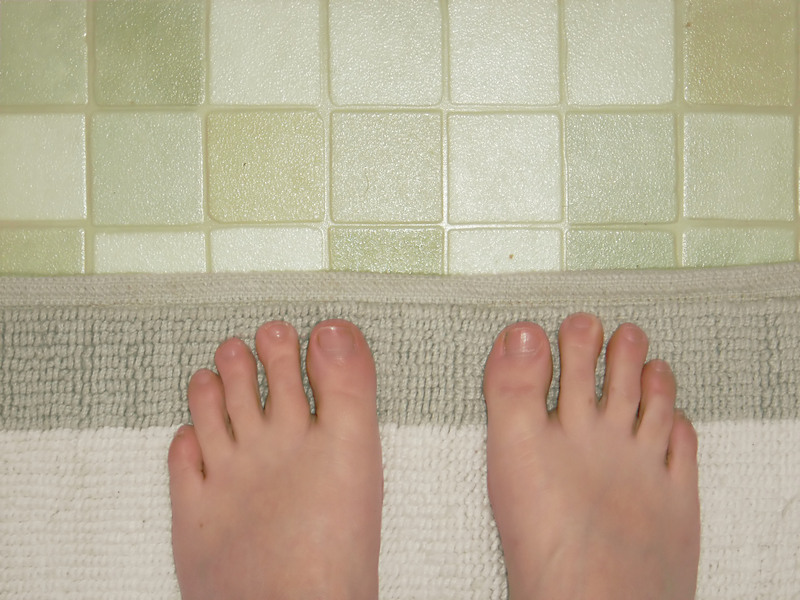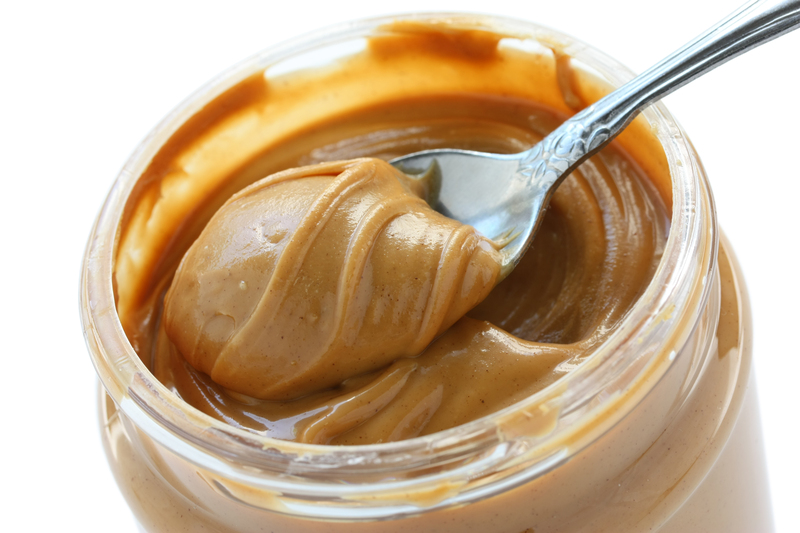Spring Cleaning: Origins and Cultural Practices
Posted on 27/11/2024
Spring cleaning is a tradition that transcends cultures and centuries. It's a time when individuals and families around the world engage in a thorough cleaning of their homes, signifying a fresh start as nature itself renews with the arrival of spring. This article explores the origins and various cultural practices of spring cleaning, offering tips, pros and cons, takeaways, and a concluding summary.

Historical Origins of Spring Cleaning
The concept of spring cleaning has deep-rooted historical origins. Some historians attribute the practice to ancient Persian tradition, where they called it "Khouneh Tekouni," meaning "shaking the house." This would occur just before the Persian New Year to symbolize renewal and purification.
In the Jewish tradition, spring cleaning is closely tied to Passover. Strict Jewish customs dictate that homes be thoroughly cleansed of any food particles that are not kosher for Passover. This involves an intense cleaning of the entire home, leading up to the holiday.
Another potential origin is tied to the Christian tradition of cleaning the house thoroughly before Good Friday. This practice was derived from the idea of purifying the home before the resurrection of Christ on Easter Sunday.
Cultural Practices Across the World
China
In China, spring cleaning is an essential part of preparing for the Lunar New Year. The Chinese believe that cleaning the house sweeps away bad luck and makes room for good fortune. Cleaning activities often include washing windows, scrubbing floors, and organizing rooms.
Iran
As mentioned, in Iran, the practice of Khouneh Tekouni takes place before the Persian New Year, Nowruz. The act symbolizes the renewal and rejuvenation of the home and the spirit, setting a positive tone for the year ahead.
Scotland
In Scotland, a tradition called "New Year's Cleaning" takes place during Hogmanay, the Scottish New Year. Residents clean their homes thoroughly, clear away old debts, and even repaint their doors to welcome the new year with a clean slate.
Japan
Japanese people participate in an annual year-end cleaning practice called "Oosouji," which translates to "big cleaning." The aim is to purify the house and remove the clutter accumulated over the year, ensuring a fresh start for the new year.
Modern-Day Practices
Spring cleaning in the modern-day has evolved to fit various lifestyles. While the fundamental idea of deep cleaning remains, contemporary spring cleaning also encompasses decluttering digital spaces, eco-friendly cleaning methods, and efficient organization hacks.
Tips for Effective Spring Cleaning
1. Make a Checklist: Outline the areas you aim to clean and the tasks you need to achieve. This will keep you organized and motivated.
2. Declutter First: Before you start deep cleaning, declutter spaces. Remove items that you no longer use or need; this makes the cleaning process easier.
3. Use Eco-friendly Products: Choose cleaning products that are environmentally friendly to maintain a healthy living space.
4. Clean Top to Bottom: Start cleaning from the top (ceilings, light fixtures) and work your way down to avoid dirtying surfaces that have already been cleaned.
5. Take Breaks: Spring cleaning can be exhausting, so make sure to take regular breaks to replenish your energy.
Pros and Cons of Spring Cleaning
Pros
- Improved Air Quality: Deep cleaning removes dust, allergens, and pollutants, greatly improving indoor air quality.
- Mental Clarity: A clean and organized home contributes to a clearer and more focused mind.
- Physical Activity: Spring cleaning is physically demanding, providing a good form of exercise.
Cons
- Time-Consuming: Thorough cleaning requires a significant amount of time, which can be challenging for those with busy schedules.
- Physically Demanding: While cleaning can be good exercise, it can also be physically taxing and potentially lead to injury if not done carefully.
- Temporary Clutter: The process of decluttering and then cleaning can temporarily create a mess, which may feel overwhelming.

Takeaways
Spring cleaning is a valuable practice that intersects various aspects of cultural heritage and modern living. Understanding its origins can enhance the significance of the ritual, making it more than just a chore. Proper planning, eco-friendly products, and efficient techniques can make the task less daunting.
Conclusion
Spring cleaning is more than a seasonal chore; it's a practice steeped in history, culture, and a shared human desire for renewal. Whether cleaning in preparation for a holiday or as a personal tradition, the benefits of this practice are numerous. By approaching it with structured tips and mindfulness of the pros and cons, spring cleaning can be a fulfilling and refreshing endeavor that sets a positive tone for the months ahead.
Latest Posts
Unlock Clarity and Calm With a Spotless Home
Burn Calories at Home With These Fitness-Friendly Household Tasks



